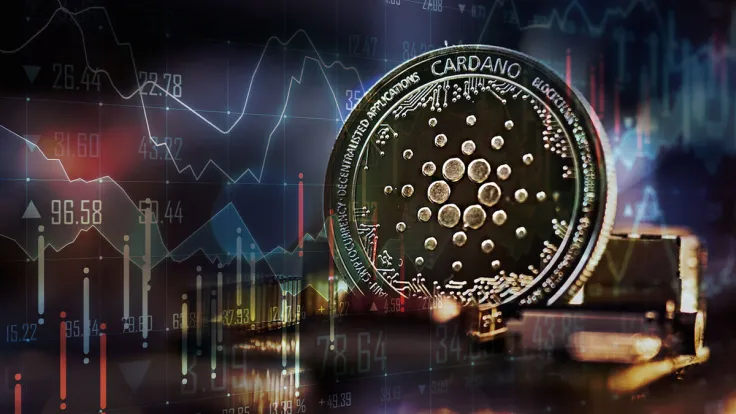
Disclaimer: The opinions expressed by our writers are their own and do not represent the views of U.Today. The financial and market information provided on U.Today is intended for informational purposes only. U.Today is not liable for any financial losses incurred while trading cryptocurrencies. Conduct your own research by contacting financial experts before making any investment decisions. We believe that all content is accurate as of the date of publication, but certain offers mentioned may no longer be available.
According to data from the blockchain explorer of Cardano, the network is currently processing around 75,000 transactions daily. But despite showing impressive transactional activity, Cardano is not yet working at full capacity, and the spike in the number of operations on the blockchain is due to increase.
With the upcoming variety of new solutions on the Cardano network, the network's transaction count is expected to spike rapidly. Synthetic tokens, stablecoins and decentralized lending are going to become the main sources of transactional activity, which can gain up to 100%.
As of now, the number of transactions on the network represents regular transactions between users and trading operations on various platforms. If we compare Cardano to Ethereum, then we will see how the network's activity surges after the creation and adoption of DeFi platforms and applications.
With the growing number of transactions on the network, we will see the general evolution of Cardano as more transaction fees are going to be paid and incentivize developers to build more applications that will help with the mass adoption of the ecosystem.
The majority of Cardano investors and developers believe that with the growing adoption rate, we are going to see an increase in the network capacity as the blockchain is more than ready to cover an unexpected rise in transactional activity, with its TPS limit far above current values.
Luckily, Cardano never had any issues with transaction fees and network congestion, in contrast to Ethereum, which used to offer users up to $100 per transaction or contract interaction. For now, the transaction cost on both Cardano and Ethereum is almost the same.

 Vladislav Sopov
Vladislav Sopov Dan Burgin
Dan Burgin